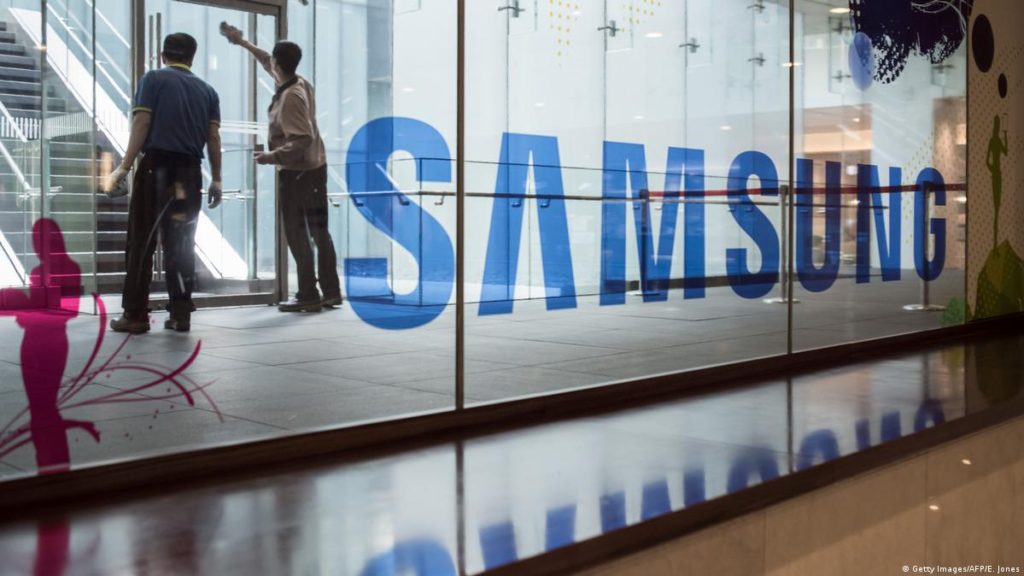|
Getting your Trinity Audio player ready...
|
Samsung Electronics reported on Friday that the weakening global economy had crushed memory chip prices and reduced demand for electronic devices, causing its quarterly profit to plunge to an eight-year low.
Analysts predict that profits at the world’s largest manufacturer of memory chips, smartphones, and TVs will decline once more in the upcoming quarter after Samsung revealed that its operating profit for the three months of October through December likely decreased 69% to 4.3 trillion won ($3.37 billion) from 13.87 trillion won a year earlier.
It was Samsung’s lowest quarterly profit since the third quarter of 2014, falling short of a Refinitiv SmartEstimate of 5.9 trillion won Refinitiv SmartEstimate, weighted toward more consistently accurate analyst forecasts.
“All of Samsung’s businesses struggled, but chips and mobile were particularly hard hit,” said Lee Min-hee, an analyst at BNK Investment & Securities.
In a brief preliminary earnings release, Samsung said quarterly revenue would likely fall 9% from last year to 70 trillion won. The fourth-largest listed company in Asia by market capitalization is set to report detailed earnings later this month.
Demand for Samsung’s smartphones, other products, and the semiconductors it provides to rivals like Apple have been affected by rising global interest rates and the cost of living.
Samsung stated in the statement that “for the memory business, the decline in fourth-quarter demand was more significant than expected as customers adjusted inventories in their effort to further tighten finances.
Samsung added that the weak demand brought on by ongoing macroeconomic problems caused smartphone sales and revenue to decline in the fourth quarter, which led to a decline in its mobile business’ profit.
High-end phones like foldable ones didn’t sell as well, and memory chip prices dropped by about 20% during the quarter, according to Lee of BNK Investment.
Three analysts predicted that Samsung’s profits would plunge once more in the upcoming quarter, with the chips business likely experiencing an operating loss as the price of memory chips continued to fall due to a supply glut.
Samsung’s stock increased 0.3% in early Friday trading, underperforming the market’s 0.6% gain. Competitor SK Hynix saw a 1% increase in share price.
Investors are hoping Samsung will need to reduce production, as Micron or SK Hynix said they would, which would help the memory industry generally, according to Eo Kyu-jin, an analyst at DB Financial Investment. “Shares are rising despite the poor earnings result,” he added.
In October, Samsung had stated that it didn’t anticipate many changes to its 2023 investments. According to analysts, Samsung has a history of not publicly announcing reductions in memory chip production, but it may naturally adjust investment by delaying the influx of equipment or in other ways.



